SEBI's proposed NGO exchange sounds good, however, there's a caveat
- Unmesh Gujarathi
- Oct 08, 2021

MUMBAI: The market regulator, Securities and Exchange Board of India (SEBI) has recently announced in regards to the non-profit organizations (NGOs) that they will be able to access the financial markets, and raise funds through various market instruments that are available to corporate entities like equities, bonds and they can even access the mutual funds.
The SEBI announcement also entails that these organizations will get listed separately under the aegis of the social stock exchange which means the instrument through which they raise funds can be listed and then traded like normal financial instruments in the stock exchanges. SEBI has also fixed a capping of such capital raising exercise at a corpus of Rs 5 crores which many consider as a decent threshold for an NGO to begin its fundraising activities.
The social causes that qualify for such equity participation include hunger eradication projects, poverty alleviation programs, combat of malnutrition projects, healthcare endeavours, the spread of affordable education, women's emancipating work that also includes battling for gender parity, besides promotion of sustainable and environmentally friendly industries.
On the face of it, the SEBI announcement is very welcome and is a benevolent initiative for the NGOs to raise funds that are primarily used for good of the society as they substantially contribute to social causes.
However, as insinuated by some experts there seems to be a caveat, some sort of catch in the whole scheme of things that has been proposed? Even as SEBI is yet to come out with the regulations for this framework, voices are echoing in various circles about the intent of the present government behind this initiative.
They say that in recent times the government has clamped down heavily on certain global NGOs doing credible social work, and thus it appeared that the new regulation may be allowed to only those NGOs or social enterprises that conform to their requirements to access the proposed financial route. "If you do not toe our line then you are not welcome, this has been the attitude of the government towards organisations doing credible work in the social space," said one expert who works in a globally recognized organisation involved in providing free medical aid to malnutrition people.
Experts illustrate how over the past few years, the government has clamped down on internationally spread organisations like Amnesty International, Human Rights Watch, Greenpeace, Compassion International, Open Society Foundation etc and several of them including Greenpeace and Amnesty have closed their Indian operations.
Since it came to power, the government has also cast aspersions on the funding on several NGOs and matter of fact it has put their donors under the 'Prior Reference Category' which means that when these donors who are based out of Europe, Australia and the US decided to donate to certain NGOs in India, they have to take prior approval from the Ministry of Home Affairs (MHA), and experts say that since then the funds to these NGOs have dried up and thus they have had to curtail their social initiative and programs.
"In the difficult times of Covid when these NGOs who were otherwise involved in activities like providing relief to affected people like migrants and those below the poverty line, could not do so since the restricted, almost 10 top donor agencies and individuals have been restricted due to the government actions," said the expert.
They say although the proposed initiatives are welcome however they would serve the right purpose only if there is no discrimination and there is a transparent mechanism that can be accessed by all NGOs and not only those who toe the government's line.
Yet another trustee of an NGO which works with the tribals in Maharashtra has welcomed the step, he said their NGO which does not get funding from foreign donors and depend on philanthropists accessing the open market will be a good step however he is very apprehensive if it will be an easy step.
He said, "We normally find it very difficult to deal with banks, auditors and government officers or charity commissioners, how will we deal with so many agencies to access the markets. I think it will not benefit NGOs like us who work in most rural areas, in fact some of our work is for Adivasis in jungles. So this will only facilitate those who are well connected with corporates, who operate out of five-star offices and anyways do not need funds," he said.
A tax auditor who has handled tax matter of many NGOs in the past say that several NGOs and such organisations work as fronts for money laundering and take benefits of an NGO for tax purposes only. The objective of SEBI may be good, and it will give the NGOs a new avenue to raise funds, but how will it ensure that scrupulous NGO promoters do not use it to raise money and then siphon it. The regulation should have an inbuilt mechanism where SEBI also audits the deployment of funds. Otherwise, it will become a money-raising and moneylending racket."



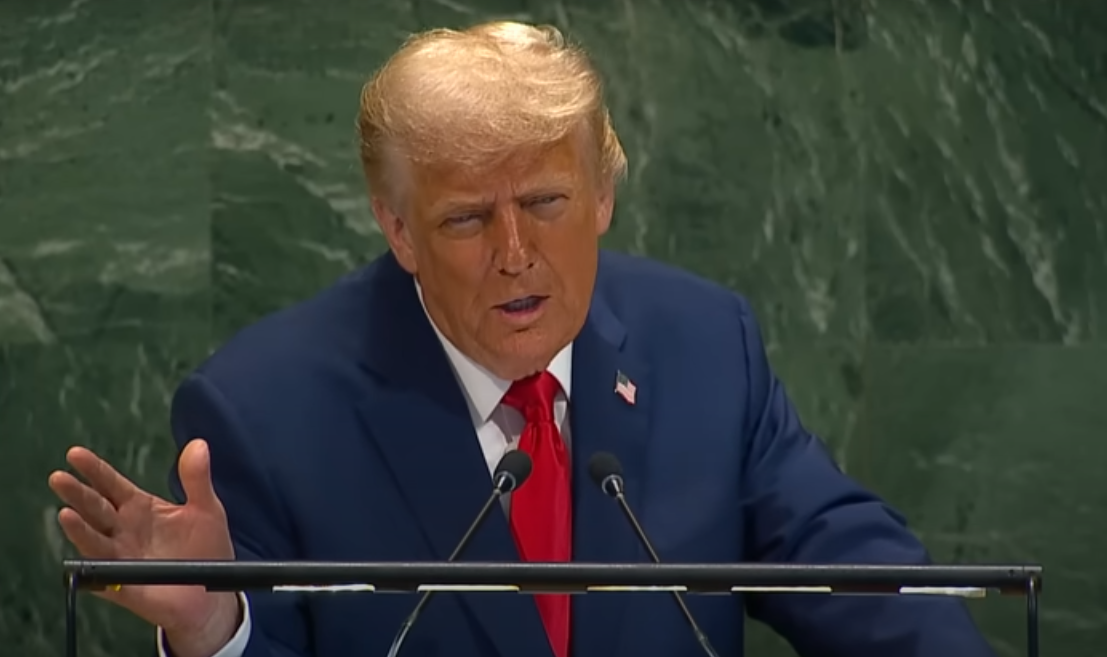
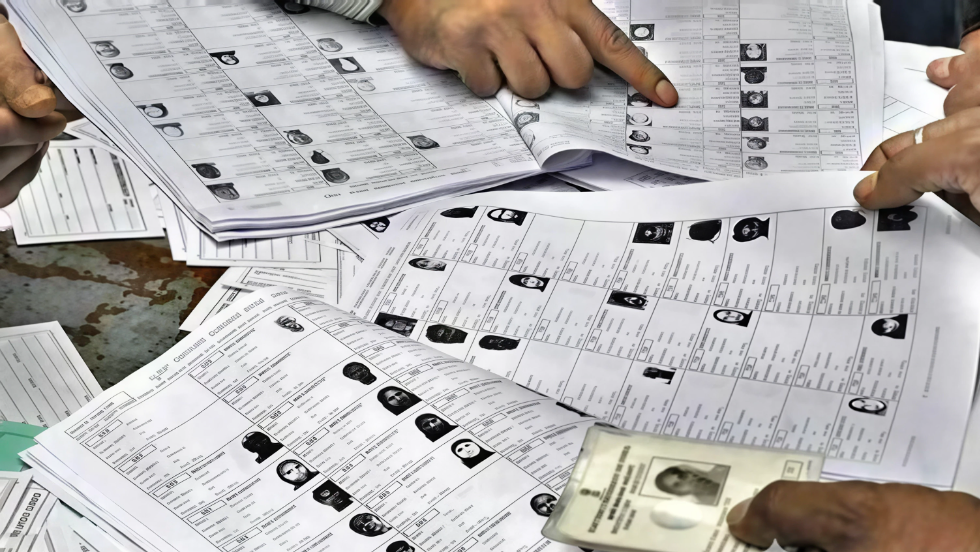

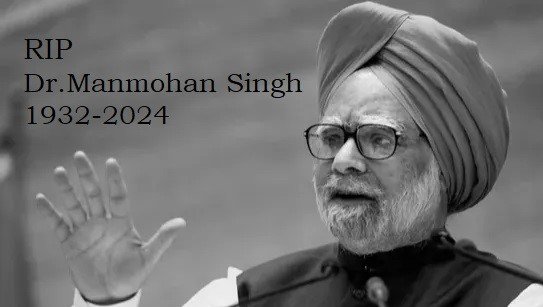
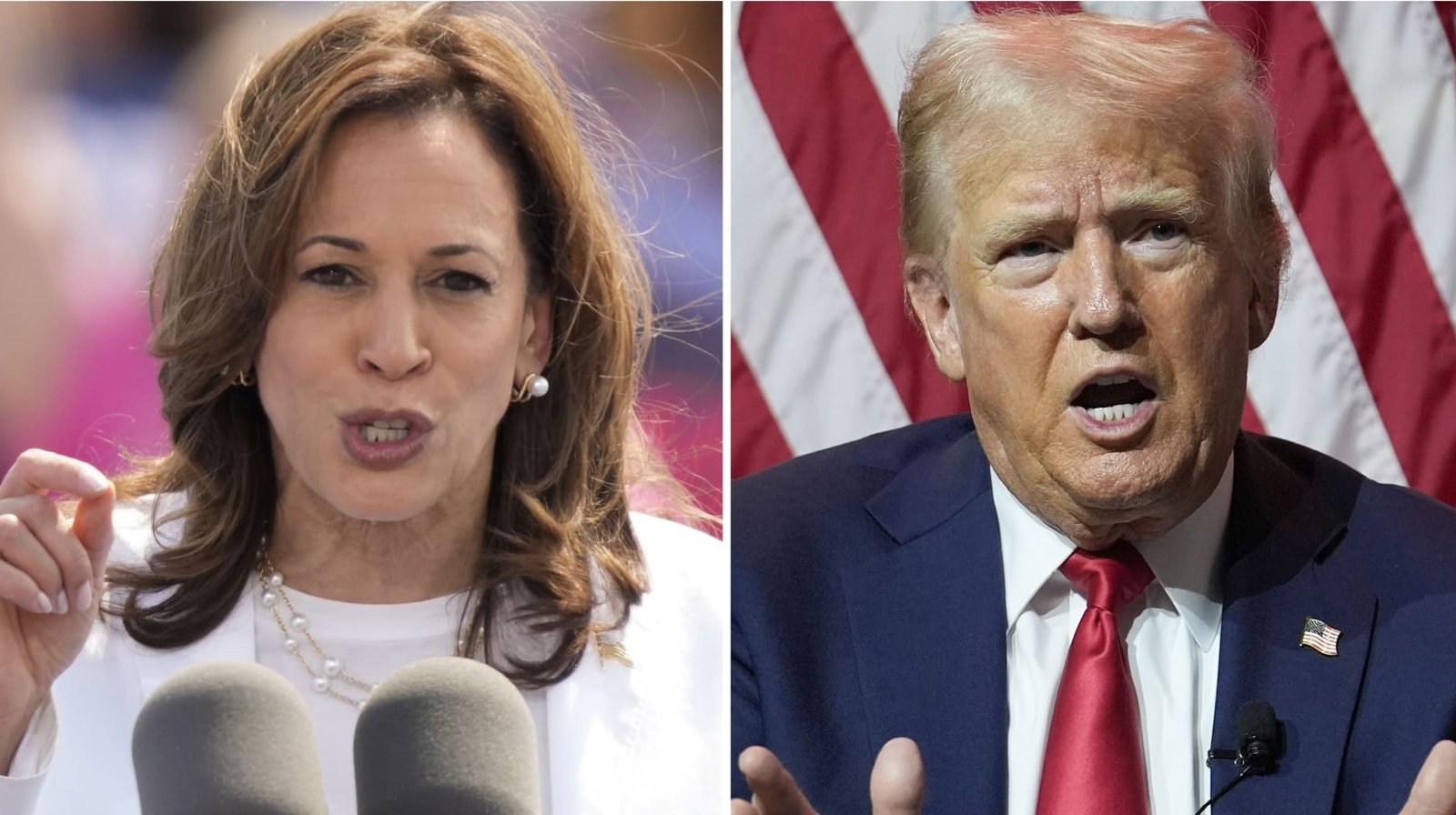
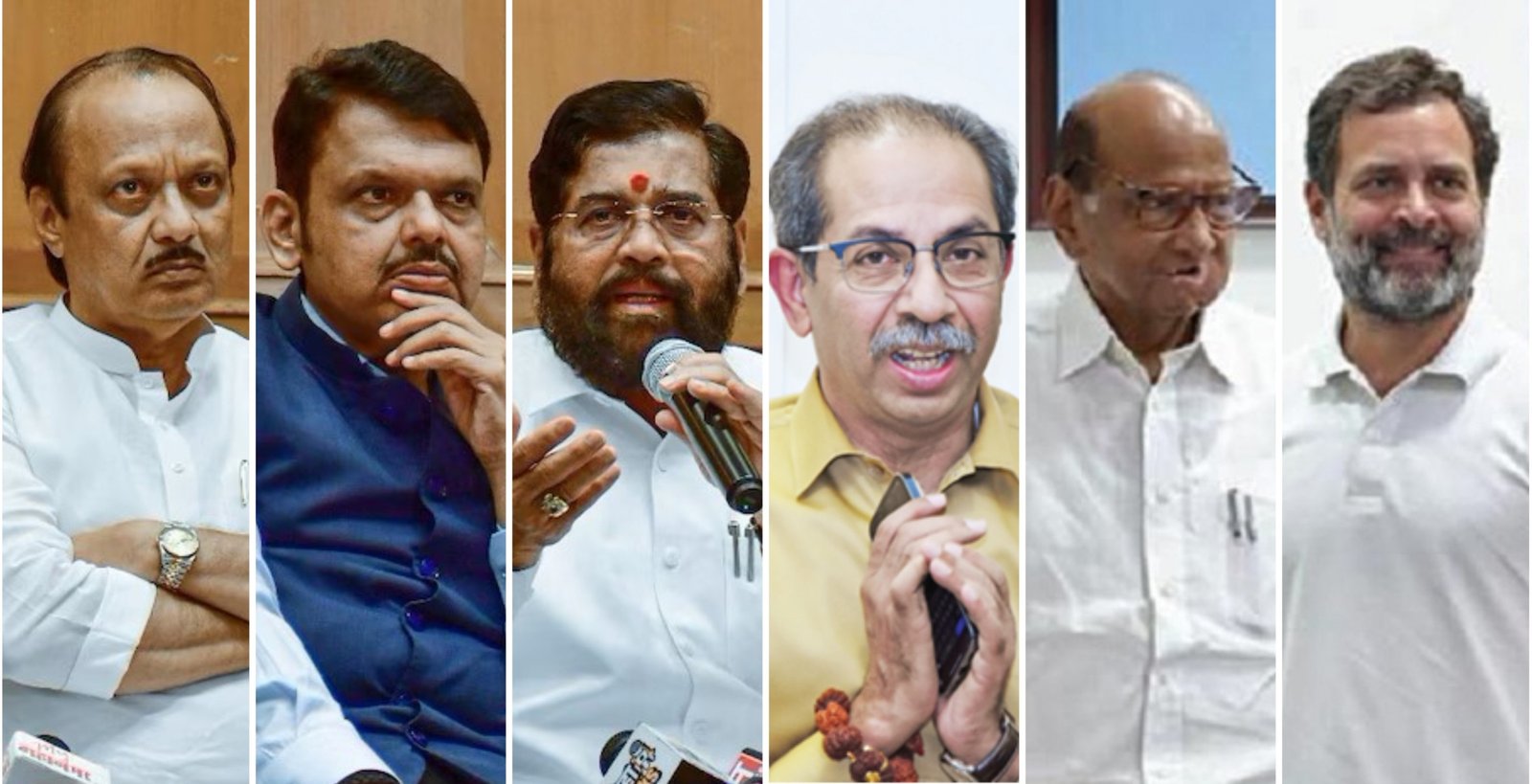
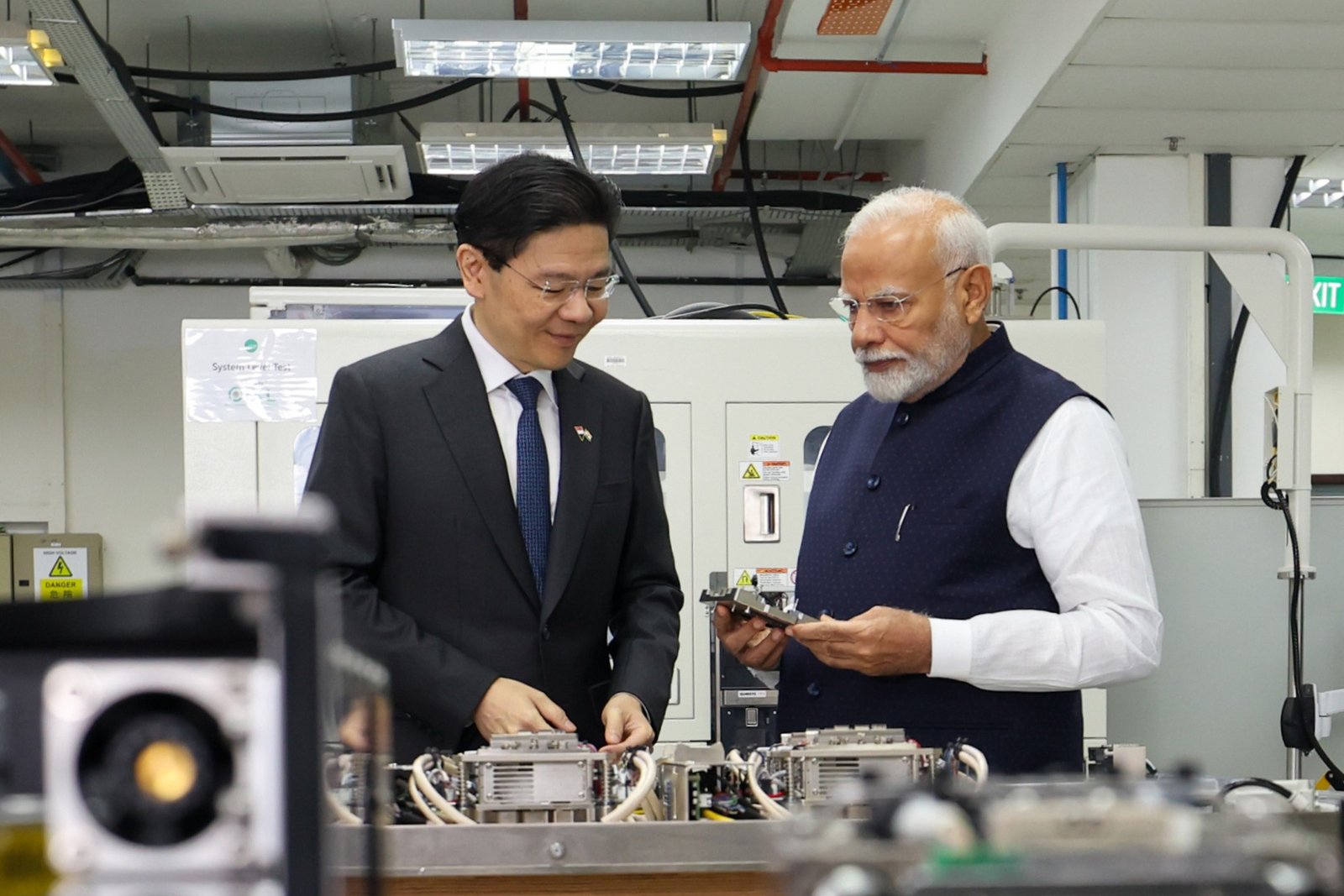
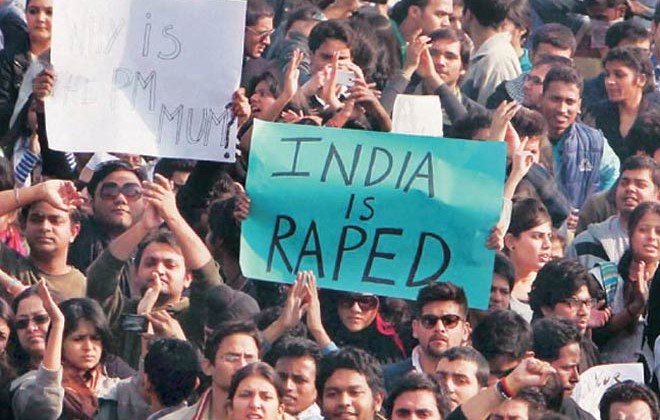
Reporter
Unmesh our Editor-at-large is one of the most prolific editors with a career that spans over two decades in leading media houses like The Asian Age, The Free Press Journal, Lokmat etc. Currently, he is the Editor-in-Chief of Sprouts, a daily broadsheet. Unmesh is particularly known for his exposé that have unearthed major scandals of corruption and scoops.
View Reporter News